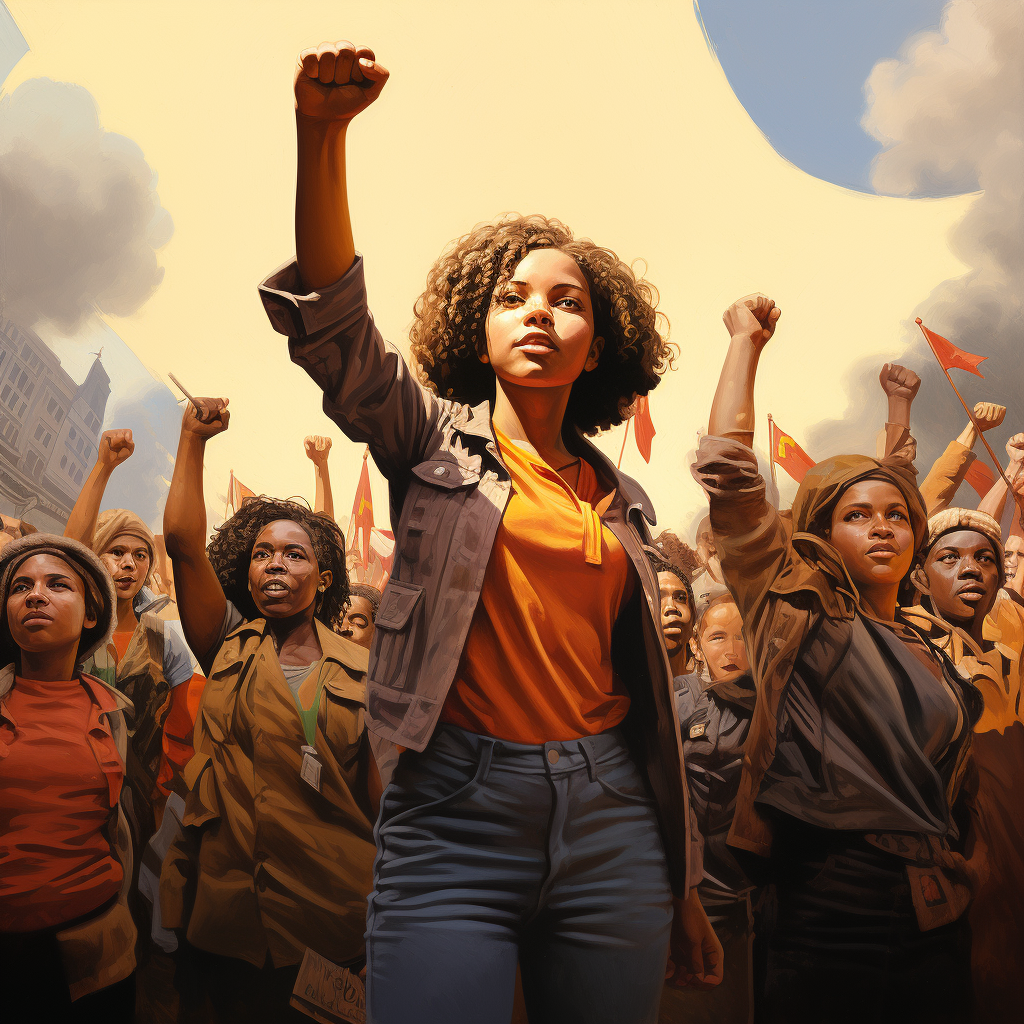One of the most significant and impactful aspects of youth activism is its ability to mobilize communities and create lasting change from the bottom up. Grassroots youth activism has been instrumental in driving political and social progress in the United States, as young people take to the streets, organize rallies, and engage in civic dialogue to effect change.
Youth-led movements have emerged to address a range of issues, from gun control to LGBTQ+ rights to police brutality. In each case, young activists have used grassroots organizing tactics to build networks of support, spread awareness, and effect change at the local and national levels.
Indeed, youth activism has proven to be a powerful force in driving social and political change. When young people come together to advocate for justice and equality, they can effect change in ways that traditional political institutions cannot.
Take, for example, the youth-led movement for immigrant rights. In 2020, young activists in Texas successfully lobbied the state legislature to allow undocumented students to pay in-state tuition rates at public universities. The victory was the result of years of grassroots organizing, coalition-building, and direct advocacy.
“Grassroots youth activism brings together people from all walks of life who share a common vision,” says activist and organizer Marley Dias. “It’s about building community, fostering relationships, and working together to effect change.”
Grassroots youth activism is also an important tool in addressing community-specific issues. When young people work together to identify and address the needs of their communities, they can effect change in ways that are responsive, meaningful, and sustainable.
One example of youth-led grassroots activism is the Youth Project in Boston, Massachusetts. The Youth Project is a community-based organization that empowers young people to engage in civic life, build leadership skills, and effect change in their communities. The organization focuses on issues such as youth violence, racism, and poverty, and works to create opportunities for young people to engage in meaningful dialogue and action.
Another example of grassroots youth activism is the #MeToo movement, which was initiated by activist Tarana Burke in 2006 to support survivors of sexual violence and harassment. The movement gained national attention in 2017, when actress Alyssa Milano used the hashtag on social media to encourage women to share their stories of sexual assault and harassment. The movement has since grown into a global phenomenon, with thousands of young people organizing and advocating for changes in policies and attitudes towards sexual violence.
Grassroots youth activism is a powerful force for change, and young people have proven time and time again that they are capable of driving social and political progress. Whether through organizing rallies, building networks of support, or engaging in civic dialogue, young activists are leading the charge towards a more just and equitable society.



